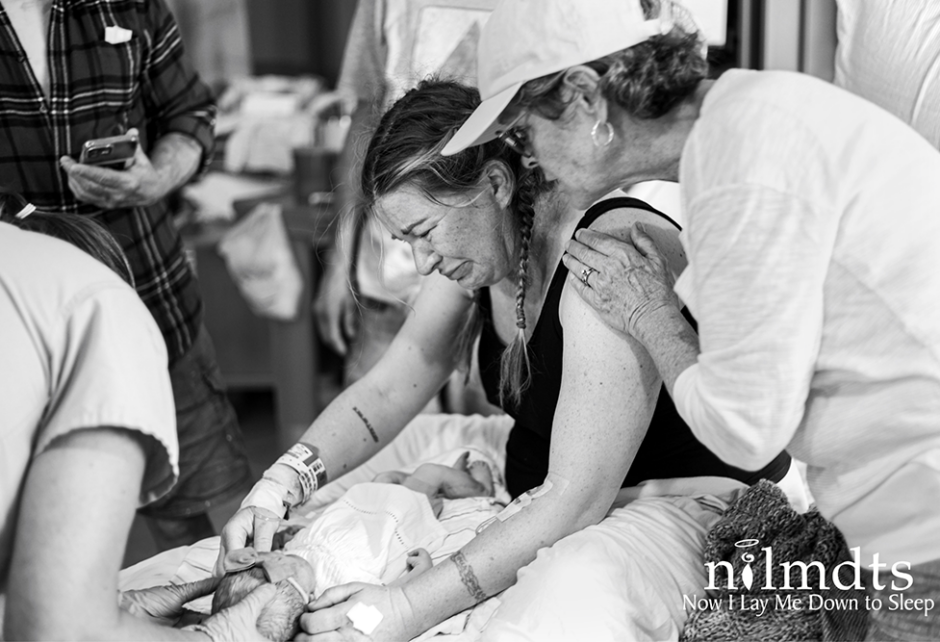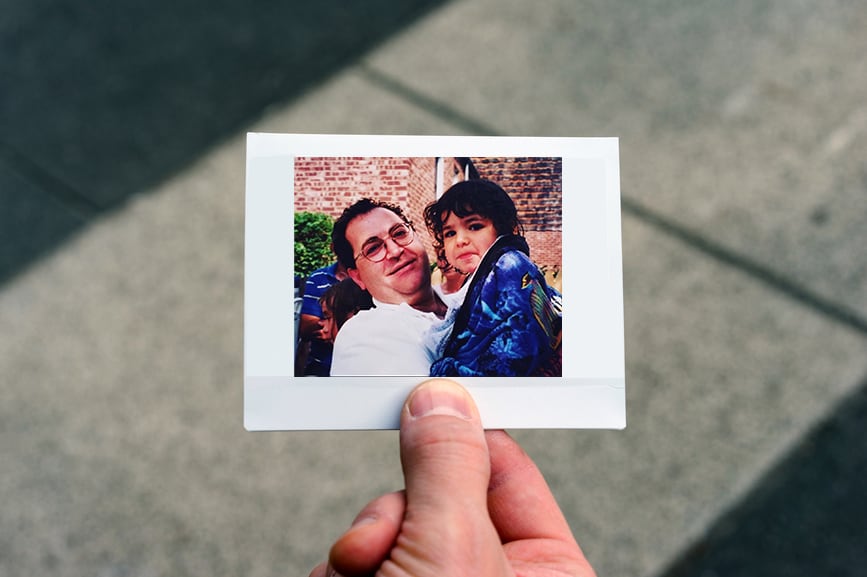
Why We Should All Be Talking About Suicide and Our Kids
Written by Erin Feher
Photography by
Photographed by Maria del Rio
When it comes to parenting, there are plenty of aspects that we would rather not think about at all. Suicide is likely on that list for the majority of moms and dads, but with Suicide Prevention Week kicking off today, we thought it important to broach the subject. Especially because the mere act of talking about suicide has the potential to save lives.
Here’s a deeply troubling fact: Suicide rates keep climbing, especially for teens. According to the Centers for Disease Control and Prevention, the suicide rate for white children between 10 and 17 years old was up 70 percent between 2006 and 2016, and up 77 percent for black children. According to Dr. Mark Goulston, a psychiatrist specializing in suicide prevention who has worked with dozens of families impacted by suicide, “every time it happens, their bereaved parents say, ‘I had no idea.’ Other parents hear this and wonder how anyone could miss the signs. They often say, ‘That would never happen to my kid.’ The truth is it could happen to your child,” he says, “and you too may miss the warning signs. Suicide can affect any family at any time, and all parents should be on the lookout for behavioral indicators or suicidality.”
As Dr. Goulston explains, the warning signs of suicide might be easier to piece together in retrospect, when you are looking for them. But in the moment, they can be much harder to detect. That’s why it’s so important to help everyone understand the suffering and isolation impacting the at-risk community.
“To really move the needle, we need to remove the societal stigma surrounding suicide. This begins with helping the loved ones of those at risk gain understanding and offer support. The next step is helping society recognize what it really feels like to be suicidal. When everyone understands how much suffering is really going on, we have a real chance to reach out and save lives.”
Dr. Goulston says parents need to be on the lookout for anything out of the ordinary in their children’s behavior, and that it’s crucial for them to learn to recognize the early warning signs of despair that could lead to suicide and break through at a time when their children need them the most. Below are Dr. Goulston’s insights for determining if your kids are at risk, and some tips for how to talk to them about mental health.
First, accept that anyone can become suicidal. Prevention starts with understanding that suicidal thinking can strike anyone (yes, even your high-performing, seemingly confident, and happy child) at any time.
Know that your kids probably won’t open up to you. They aren’t going to come to you in despair, like you might imagine. They may feel that you won’t understand, or that there’s nothing you can do. They also might think that what they’re going through is a “failure,” and worry that you’ll be disappointed in them.
Look for changes, even subtle ones. Be aware of any changes in your child’s demeanor. Keep in mind, though, that these changes can be more difficult to spot among naturally moody teens who tend to isolate themselves even in the best of circumstances. Teens are moody—that’s to be expected—but don’t write it off as just moodiness. When it crosses over into physiological disturbances of sleep, appetite, sexual desire, or just an unshakable dark feeling, and stays stuck there, it has then crossed over into a mood disorder and can be incredibly destructive.
Know that little things can cause bigger problems. Something seemingly insignificant could be more impactful than it looks. So, be aware of possible catalysts, whether it’s the stress of starting a new school year, changes in their medicine, or even problems in their social life.
Initiate the conversation. Most importantly, parents must ask their teens how they are feeling. It’s not enough to rely on indicators that you may or may not spot. If you suspect your child may be struggling, or even if you don’t, here are five questions that might get the conversation flowing:
“At the worst that you can feel, how bad does that get?”
“When you’ve felt how bad it could get, how often did you feel alone?”
“And when you were feeling that horrible and alone with it, what did it make you think, feel, and want to do?”
“And what did you do?”
“If that is the case, I don’t want you to be alone with those thoughts and feelings. So I’m asking you to call me when you are feeling that way and I will do my best to listen to you, hear you, and keep you company. I promise, I’m not going to give you advice or solutions unless you ask me for them. So would you be willing to call me when you’re feeling like that? And by the way, if you think you’re a burden, you’re not. You’re not a burden because inside you I can see and feel the good person that you are and also that you matter, neither of which you can see or feel when you’re feeling so awful.”
Let them know they are loved and that they are not alone. Pain is pain; suffering is feeling alone in pain. When you eliminate the aloneness, suffering that people can’t live with becomes pain that they can live with.
Even if your child doesn’t show it, they need you to be there to support them. Don’t wait for them to ask for help. Reach out—even if your child appears to be thriving—and show them that you are here no matter what. Your compassion could truly be lifesaving.
If you or someone you love needs help, call 911 or call the National Suicide Prevention Lifeline at 1-800-273-TALK (8255), or visit www.suicidepreventionlifeline.org.
Dr. Mark Goulston is the co-creator and moderator of the suicide prevention documentary Stay Alive. He is a former UCLA professor of psychiatry, suicide and violence prevention expert, and one of the world’s foremost experts on listening. He is the author of the best-selling Just Listen: Discover the Secret to Getting Through to Absolutely Anyone, which became the top book on listening in the world. Dr. Goulston’s HBR IdeaCast episode Become a Better Listener is ranked number one of all their podcasts. He is also host of the My Wakeup Call podcast. Dr. Goulston is on the Board of Advisors for HealthCorps and will be receiving the Dr. W. Mark Warfel Resilient Heart Award in April 2019.
Share this story



